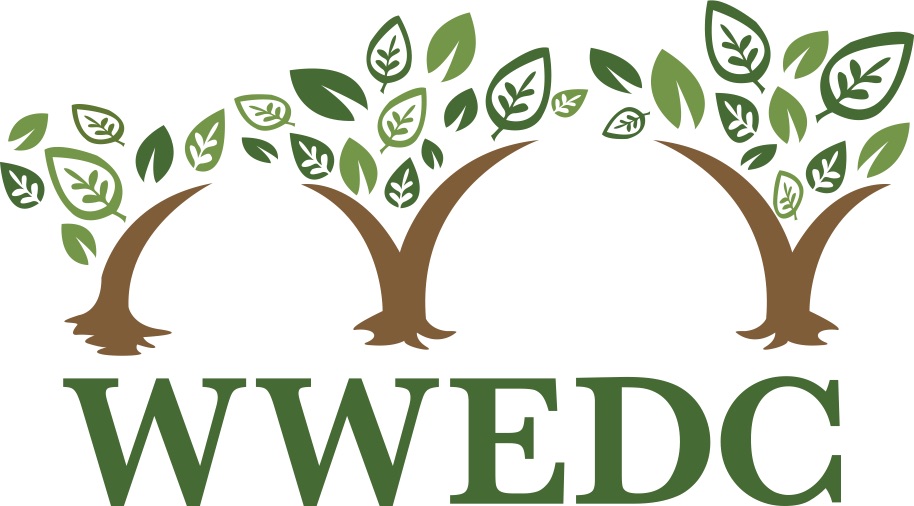Blog post written by Peer Health Education volunteers at the University of Waterloo
The COVID-19 pandemic has created psychosocial stressors specific to those managing disorders around eating and/or body image. The disruption of daily routines and the uncertainty of the ongoing public health crisis can heighten stress and anxiety, leading to unhealthy food behaviours. The sharply increasing rates of infection nationwide, concentrated in the most populous provinces, can intensify these feelings. In particular, the social isolation inherent to physical distancing can cause difficulty in maintaining support networks. For those dealing with eating disorders, this can spell out an increase in symptoms.
A few tips for you and your social circle to support your emotional well-being are outlined below.
Tip 1: Remain connected to your providers
To continue providing treatment to their patients, many healthcare providers have switched to operating via phone or video conference.
Continue to work with your healthcare providers (e.g., psychiatrists, dietitians, therapists) to recover from an eating disorder, if this applies to you.
Check if there are online options, such as online peer support groups and virtual check-ins.
Create or revise a relapse prevention plan to share with your healthcare providers. Ask for their advice on the most effective options for supporting your recovery during these difficult times.
Tip 2: Practise strategies to manage anxiety
The uncertainty of the ongoing pandemic and the changes it has brought about across all domains of life can elevate feelings of helplessness, stress, and loss of control. It is okay to acknowledge that. Here are practical, straightforward techniques to abate those feelings:
Adopt some breathing techniques, such as counting your breaths or nostril switches. Learn more here.
Practice the 5-4-3-2-1 grounding exercise. Learn more about this exercise here.
Name 5 things you can see.
Name 4 things you can feel.
Name 3 things you hear.
Name 2 things you can smell.
Name 1 good thing about yourself.
Use the STOP method for dealing with stress. Learn more about this method here.
S = Stop
T = Take
O = Observe
P = Proceed
Switch off media and social media.
Tip 3: Connect with a support system virtually
As a result of the feeling of social isolation with physical distancing efforts, consider strengthening existing support systems through family and friends.
Invite friends and family to join you during meals and snacks through video-conferencing platforms (Zoom, Skype, MS Teams, FaceTime, to name but a few).
Create a system to connect with friends and family after eating, in those especially vulnerable moments.
Be open with friends and family whom you trust about the difficulties that you are grappling with, and your emotional state.
Connect with virtual communities, including support groups, peer communities, recovery mentors, and meal support.
WWEDC (Waterloo-Wellington Eating Disorder Coalition) has a directory of local supports and services, ranging from support groups, to books and websites, to therapists, dietitians and coaches and trainers.
NEDIC (National Eating Disorder Information Centre) offers a live chat on their website (nedic.ca) and a toll-free helpline (1-866-633-4220). NEDIC also has a FAQs (frequently asked questions) webpage discussing the complications and risk about COVID-19 and EDs.
COVID-19 is a stressful time, even more so if managing concerns around eating and/or body image. Please be kind to yourself, and practise self-care and self-compassion. It can be surprising how the littlest of things—petting a cat, smiling at a baby—can be the most uplifting.

